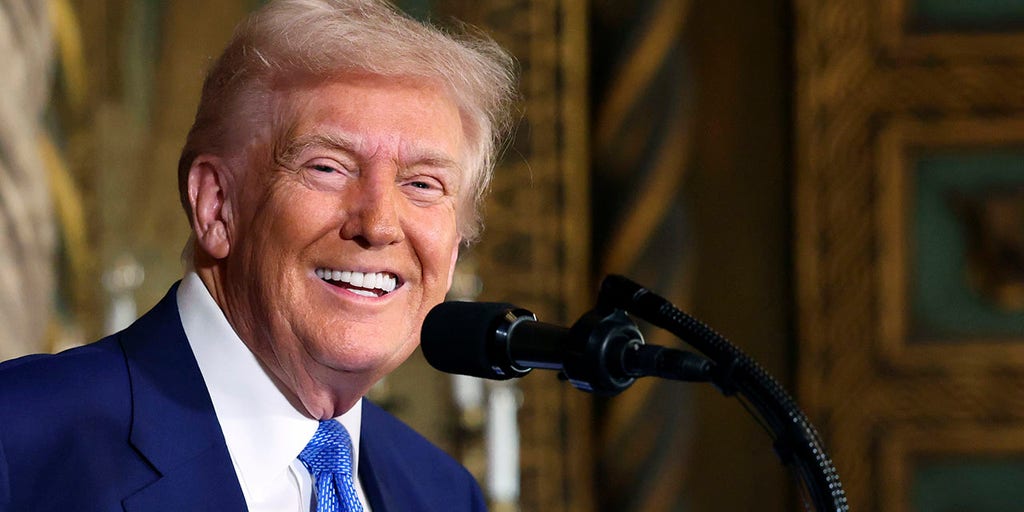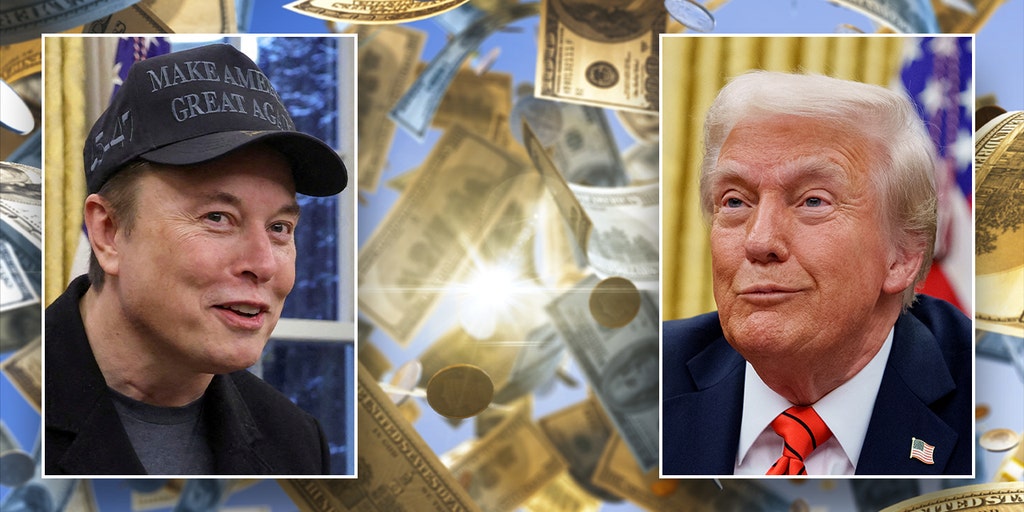Trump Appoints Musk to Reshape Federal Government with Unprecedented Authority

President Trump has appointed Elon Musk to oversee a radical reconfiguration of the federal government, granting him unprecedented power and raising concerns over constitutional violations and conflicts of interest.
President Trump has empowered Elon Musk, one of the richest men in the world, to fire government employees, eliminate federal agencies and run roughshod over both federal law and the Constitution.
In an unparalleled delegation of executive branch authority, Trump has chosen Musk -- who is at once an entrepreneur whose companies have won billions of dollars in federal contracts and an open supporter of far-right political parties in Europe -- to conduct a radical reconfiguration of the American government in conformity with the ideological agendas of both Trump and Musk.
The two men have at least one thing in common. Both grew up in white enclaves during periods when racial strife was emerging -- Trump was born in 1946 and grew up in the affluent Queens neighborhood of Jamaica Estates in New York City; Musk was born in 1971 and grew up in the suburbs of Johannesburg and Durban, in South Africa, at a time when whites still ruled the country under apartheid.
The elevation of Musk marks a major reversal of Trump ideology from the angry working class, anti-elitism of his first winning campaign, in 2016, under the guidance of Steve Bannon, to the explicit privileging, this time around, of elite tech oligarchs -- rich beyond the imagination of ordinary people -- to guide government policies.
It is no easy task to grasp the scale and magnitude of Trump's appointment of Musk to run the Department of Government Efficiency, better known by its acronym, DOGE. Musk's declared goal is to cut federal spending by $2 trillion. According to the Congressional Budget Office, government expenditures totaled $6.75 trillion in 2024.
Laurence Tribe, a professor of constitutional law at Harvard, observed via email, "I can think of no precedent in American history of such enormous power being entrusted to a private citizen."
He further explained that this delegation of unsupervised authority by Trump to Musk is an unprecedented violation of the Appointments Clause of Article II of the Constitution, which requires Senate's advice and consent for appointments to such power.
In stark contrast, Musk views his role as an embodiment of democracy in action. At a White House briefing on February 12, Musk argued, "If the people cannot vote and have their will be decided by their elected officials...then we don't live in a democracy, we live in a bureaucracy."
Musk claimed that granting one person extraordinary power to reform the federal government is representative of the majority's voice, stating, "The public voted. We have a majority of the public vote for President Trump."
Musk's influence is unprecedented, prompting concerns among constitutional scholars, as noted by Michael Dorf from Cornell and Rogers Smith from the University of Pennsylvania. Both expressed alarm over Musk's extensive power without Senate approval.
While Trump maintains his support for Musk, some tensions with the populist wing of the MAGA movement arise, particularly with Bannon, who criticizes Musk's immigration stance.
In conclusion, Trump's backing of Musk raises severe concerns over potential conflicts of interest and the implications for federal policies. The upcoming years could result in significant changes influenced largely by Musk.





















